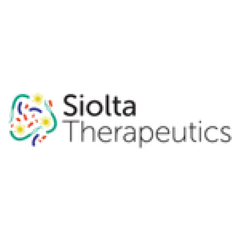
Siolta Therapeutics, a clinical-stage biotech developing first-in-class live biotherapeutic products (LBPs), has announced positive top-line results from its Phase 2 ADORED study evaluating a pioneering oral microbial therapy aimed at preventing atopic diseases in infants.
The study, which enrolled 238 newborns across 30 sites in the US and Australia, tested STMC-103H in infants with a family history of atopic disease, including atopic dermatitis, food allergy, asthma, and allergic rhinitis.
Over a one-year treatment period, infants who completed the full regimen showed a 64% reduction in the risk of developing atopic dermatitis and a 77% reduction in food allergy risk compared with placebo. Additional benefits included delayed onset of atopic dermatitis and lower total serum IgE levels. The therapy was well-tolerated with no increase in serious adverse events.
“These data provide compelling evidence that microbiome-based therapeutics like STMC-103H may offer a novel and effective strategy for preventing allergic diseases,” said Dr Michael O’Sullivan, principal investigator of the ADORED study.
The therapy works by supporting the infant microbiome to promote healthy immune system development during early life—a fundamentally new approach to preventing childhood allergies. Infants who received at least six months of treatment also experienced a significant 53% reduction in atopic dermatitis risk, highlighting the importance of completing the therapy.
Siolta’s Chief Medical Officer, Dr. Richard Shames, emphasized the next steps: “We are thrilled with these encouraging results and look forward to further engagement with the FDA to advance STMC-103H’s development program.”
Co-Founder and CEO Dr. Nikole Kimes added, “By targeting the microbiome early, we aim to reprogram immune development to prevent allergic disease in childhood and beyond. These Phase 2 results mark a critical milestone for safe and effective prevention strategies.”

Subscribe To Our Newsletter & Stay Updated